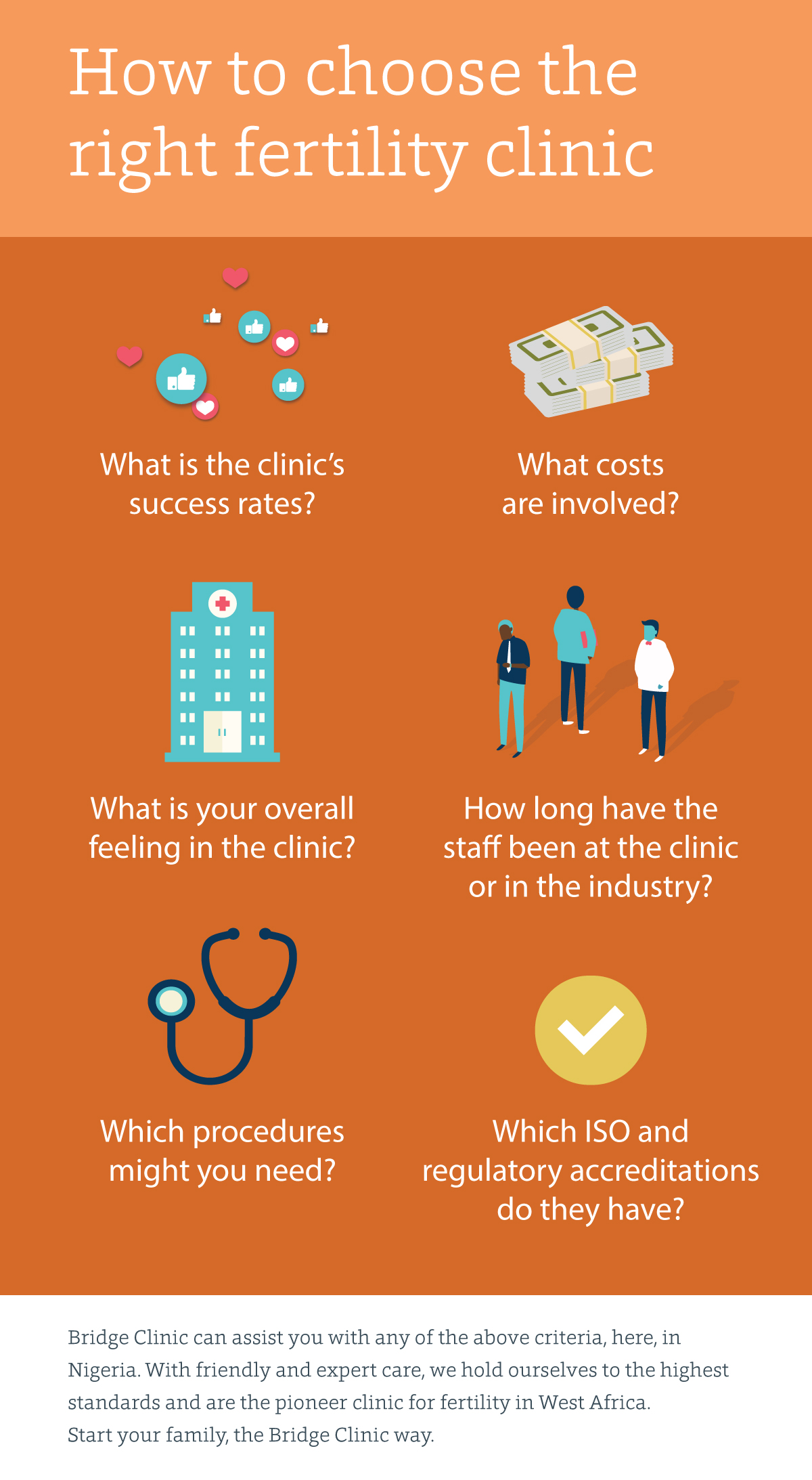All Categories
Featured
Table of Contents
How Much Does It Cost To Hire A Infertility Clinics New Mexico?
Many individuals require fertility support. This consists of males and females with infertility, numerous LGBTQ individuals, and single people who prefer to raise children. An approximated 10% of ladies report that they or their partners have actually ever gotten medical help to conceive. In spite of a requirement for fertility services, fertility care in the U.S.

Most of the time, fertility services are not covered by public or personal insurers. Fifteen states require some personal insurers to cover some fertility treatment, however substantial spaces in protection stay. Only one state Medicaid program covers any fertility treatment, and no Medicaid program covers synthetic insemination or in-vitro fertilization.
:max_bytes(150000):strip_icc()/GettyImages_524407757-crop-56a771b23df78cf772960080.jpg)
This implies that in the absence of insurance coverage, fertility care runs out reach for lots of people. Less Black and Hispanic females report ever having actually utilized medical services to become pregnant than White ladies. This is an outcome of numerous factors, including lower earnings usually among Black and Hispanic ladies as well as barriers and misconceptions that may deter ladies from seeking help with fertility.
What Is The Best Fertility Company Albuquerque Nm Product?
Transgender individuals undergoing gender-affirming care may also not meet requirements for "iatrogenic infertility" that would qualify them for covered fertility conservation. Numerous individuals need fertility assistance to have kids. This might either be because of a medical diagnosis of infertility, or since they are in a same-sex relationship or single and desire children.

Fertility treatments are pricey and typically are not covered by insurance. While some private insurance coverage strategies cover diagnostic services, there is really little protection for treatment services such as IUI and IVF, which are more costly. The majority of people who utilize fertility services must pay out of pocket, with expenses often reaching thousands of dollars.
About 25% of the time, infertility is brought on by more than one factor, and in about 10% of cases infertility is unexplained. Infertility quotes, nevertheless do not account for LGBTQ or single people who may likewise require fertility assistance for family building. For that reason, there are varied factors that might trigger people to look for fertility care. dumpster rental cost.
How Do I Choose A Fertility Facility Albuquerque Nm Service?
35.05206329788,-106.468330671962Client Details Series. 2017 Our analysis of the 2015-2017 National Survey of Household Growth (NSFG) discovers that 10% of women ages 18-49 state they or their partner have actually ever spoken to a medical professional about ways to help them conceive (data disappointed).3 Among females ages 18-49, the most frequently reported service is fertility advice ().
Lots of patients lack access to fertility services, largely due to its high cost and limited protection by personal insurance and Medicaid. As a result, many people who utilize fertility services should pay out of pocket, even if they are otherwise guaranteed. Out of pocket costs differ extensively depending on the patient, state of home, supplier and insurance coverage plan (cost of dumpster rental).
Figure 3: Fertility Treatments Usually Cost Patients Countless Dollars Insurance coverage of fertility services varies by the state in which the person lives and, for individuals with employer-sponsored insurance coverage, the size of their employer. Lots of fertility treatments are not thought about "medically essential" by insurance companies, so they are not normally covered by private insurance plans or Medicaid programs.
What Do Ivf Clinics Near Me Albuquerque Nm Services Include?
g., testing) are more likely to be covered than others (e. g., IVF). A handful of states require coverage of fertility services for some fully-insured personal strategies, which are managed by the state. These requirements, however, do not use to health plans that are administered and moneyed straight by companies (self-funded strategies) which cover six in ten (61%) workers with employer-sponsored health insurance.
2 states (CA and TX7) require group health plans to use a minimum of one policy with infertility protection (a "required to offer"), however employers are not required to pick these plans. Figure 4: The Majority Of States Do Not Require Private Insurance Providers to Offer Infertility Advantages Nevertheless, in states with "mandate to cover" laws, these only use to certain insurance providers, for specific treatment services and for specific patients, and in some states have financial caps on costs they should cover ().
In other states, nearly all insurance companies and HMOs are consisted of in the mandate (cost of dumpster rental). Lots of states offer exemptions for little companies (
Latest Posts
Best Infertility Clinic Albuquerque Nm You Can Buy
What Are The Best Fertility Website New Mexico
Who Has The Best Infertility Center Albuquerque Nm Service?